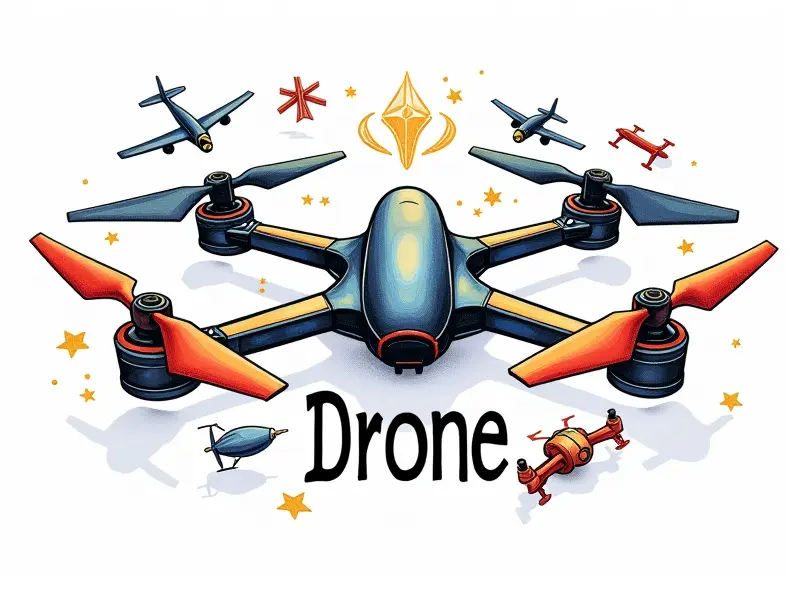Are RC planes suitable for kids?

Are RC Planes Safe for Kids?
One of the most common questions parents ask when considering an RC plane as a gift or hobby for their children is about safety. RC planes can be safe for kids if proper precautions are taken and age-appropriate models are chosen. Start with smaller, beginner-friendly models designed specifically for young pilots to minimize risks.
Best Age to Start Flying RC Planes
The ideal age to start flying RC planes depends on the child's maturity level and ability to follow instructions. Generally, children aged 8-10 years are ready to begin with basic models under adult supervision. By around 12 years old, many kids can handle more advanced RC planes independently.
Benefits of RC Planes for Children
- Cognitive Development: Flying RC planes enhances spatial awareness and hand-eye coordination skills.
- Technical Skills: Kids learn about aerodynamics, electronics, and mechanics through hands-on experience with RC models.
- Problem Solving: Troubleshooting issues like battery life or navigation challenges fosters critical thinking abilities.
Teaching Kids to Fly RC Planes
Introducing kids to flying RC planes requires patience and guidance. Start with simple maneuvers in open spaces, gradually increasing complexity as proficiency improves. Encourage practice sessions under adult supervision until the child demonstrates consistent control over the aircraft.
Choosing the Right RC Plane for Kids
Selecting an appropriate RC plane involves considering factors such as size, durability, ease of assembly, and flight range. Opt for models with robust construction materials like plastic or foam to withstand crashes without causing injury. Additionally, ensure that the chosen model comes with clear instructions suitable for beginners.
Fun and Learning with RC Planes
Flying RC planes offers endless entertainment while imparting valuable knowledge about aviation technology. Engage in activities such as aerobatics competitions or photography projects to keep interest levels high among young enthusiasts.
Kid-Friendly RC Airplane Models
- Beginner Models: Look for lightweight, easy-to-control aircraft like foam gliders designed specifically for children.
- Durable Designs: Choose planes made from impact-resistant materials to withstand frequent landings and crashes.
RC Plane Safety Tips for Beginners
- Always fly in open areas away from people, animals, and obstacles.
- Use protective gear like helmets and goggles during flight sessions.
- Keep batteries charged but never leave them unattended while charging.
Parent's Guide to Choosing RC Planes for Children
Avoid overly complex models that may frustrate young pilots. Instead, opt for user-friendly kits with clear assembly guides and beginner-friendly features such as stability modes or auto-landing functions.
RC Planes: A Great Hobby for Kids
Engaging in RC plane flying nurtures creativity, technical aptitude, and social skills through collaborative activities like club memberships or community events. Encourage your child to join local hobby groups where they can learn from experienced pilots and make new friends.
Top 5 Easy-to-Use RC Plane Kits for Kids
- Flyzone Sky Surfer: Ideal for beginners with its simple assembly process and durable foam construction.
- Heli-Max Blade Nano QX: Compact yet powerful, this micro quadcopter is perfect for indoor flying sessions.
- Cybertron RC X-Blade: Features a robust design and intuitive controls suitable even for younger children.
- Skyhero Mini Jet: Combines sleek aesthetics with ease of use, making it an excellent choice for first-time flyers.
- Polyhobby P-51 Mustang: A classic aircraft model that offers a balance between fun and educational value.
Conclusion
Flying RC planes can be both safe and enjoyable when proper precautions are taken. By selecting age-appropriate models, providing adequate supervision during initial learning stages, and fostering an environment conducive to exploration and discovery, parents can help their children develop valuable skills while having fun.

